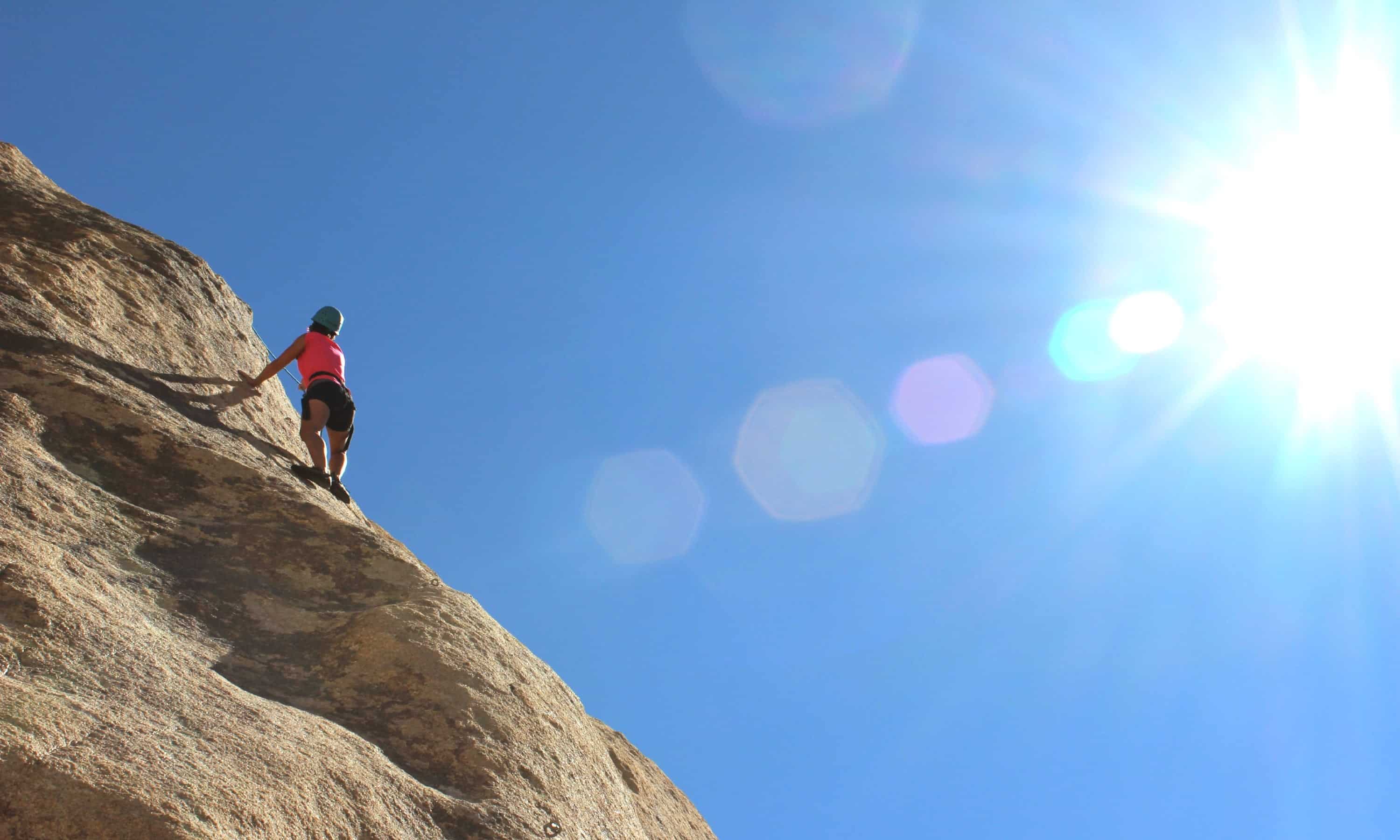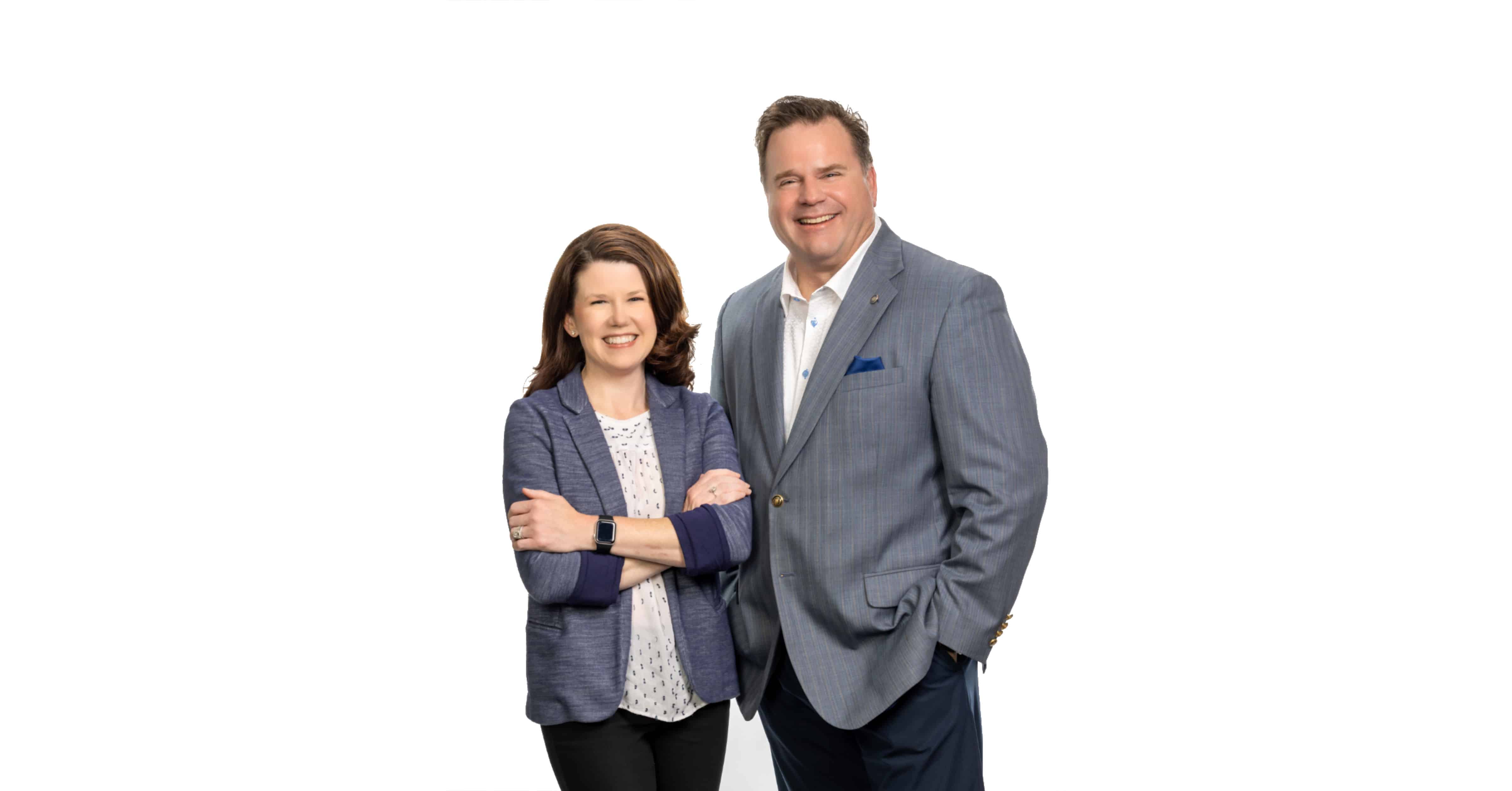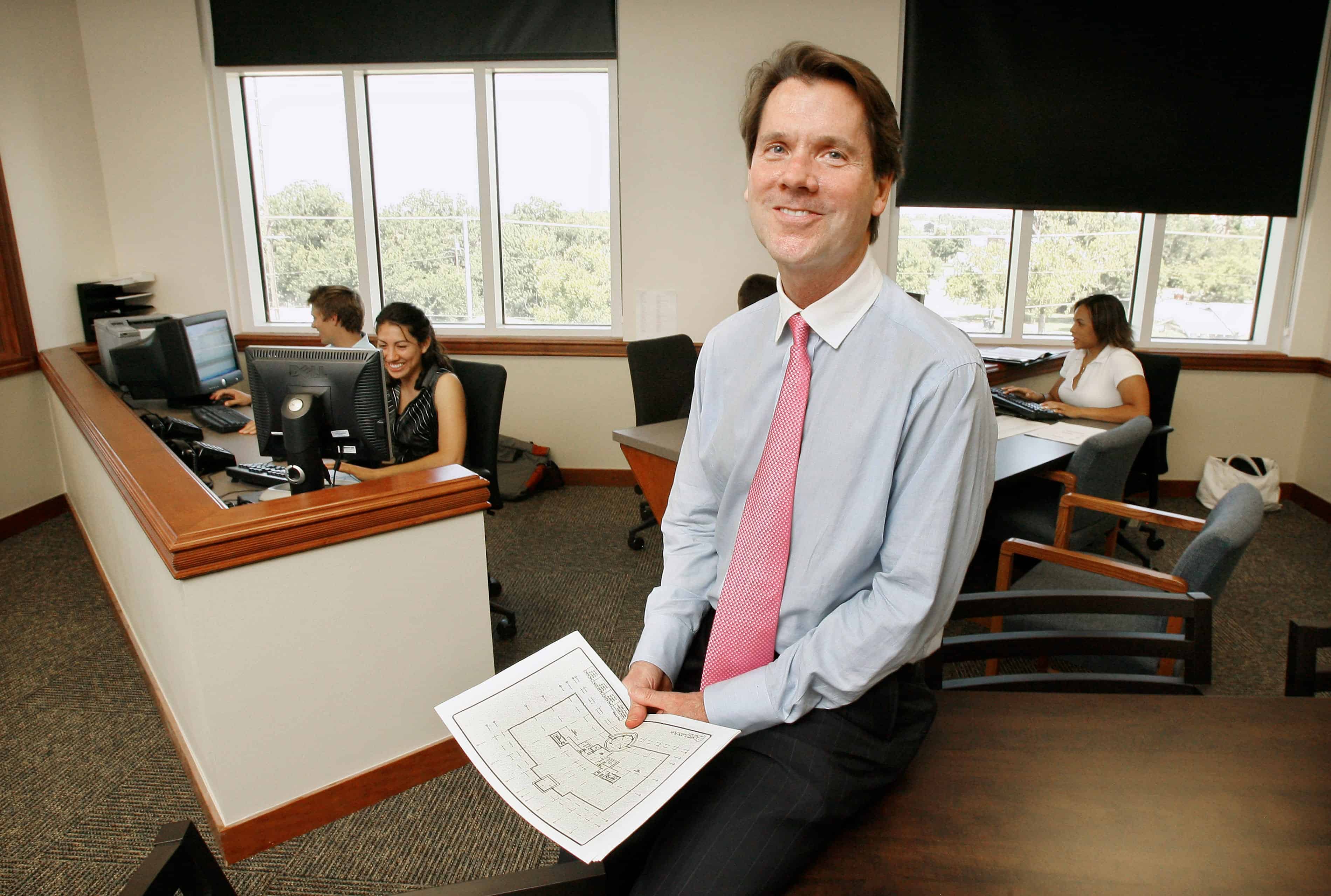Picture it: a nice starter home with a yard for children and pets to run and play. A place for you to gather with family and friends. A place to call your own. Many millennials dream of buying and owning a home, but how many actually do? According to Urban Wire, the most recent study on this was conducted in 2015 when the youngest millennials were 18 years old and the oldest were 34. At that time, only 37% of millennials were home owners. Now, five years later in the year 2020 I am sure this number has grown considering most millennials are past college age and heading towards their 30s and 40s. However, I decided to conduct a study of my own and ask my fellow millennials about their home buying experience, if any.
I asked my friends a series of questions:
- Do they own a home or have they ever owned a home?
- If so, what was their buying process like?
- If not, what is holding them back?
Several people that responded do, indeed, currently own a home and a few of the older millennials are even in their second home. Some of them qualified for special loans which allowed them to make the purchase without a down payment. Others saved just about all they could manage to make their dream come true even if it took several years and some had help from their families. Those that do not and have never owned a home gave a good list of reasons that seem to be a general consensus for a lot of millennials. From that list, several stated that they haven’t purchased a home yet because houses are too expensive. They would rather save until they find a home that they love at a price point that works for them than buy a house at what they could afford, but want to upgrade it or even buy a newer home within a few years. Some also stated that they don’t know where they want to end up, they aren’t married and don’t have kids yet and want to make sure that when and where they buy is just right.
Being a millennial comes with a lot of uncertainties. A lot of us are in the turning point of our lives where we transition from college age to being a “real adult.” We want to make plans and live a life that we deserve, but at the end of the day, life gets more and more expensive and the job market and average income can’t compete. Now we have lived through and will certainly feel the repercussions of two financial crises for many years to come. However, all this being said, the current trends for the housing market predict that another housing market crash may be imminent, but it could open up the opportunity for many people in my generation to finally be able to say those famous words that our parents shared with us many times, “my house, my rules,” so long as the job market and income allows.












